GAIA: Benchmarking Next-Gen AI Assistants for Aviation

Benchmarks play a crucial role in measuring AI progress and setting new standards. GAIA is one such benchmark that has caught our attention.
Paving the Way for Next-Generation Aviation AI Assistants
Benchmarks play a crucial role in measuring AI progress and setting new standards. As the pace of improvement in AI is maintained, understanding whether a model has improved or degraded is important. One such benchmark that has caught my attention in setting up Airside Labs is GAIA (General AI Assistants). As we work to explore the safe use of AI in aviation, understanding GAIA and its implications for our industry is more important than ever.
What is GAIA?
GAIA is a cutting-edge benchmark designed to evaluate next-generation language models (LLMs) and AI systems. Unlike traditional benchmarks that focus solely on language understanding and generation, GAIA takes a more holistic approach. It assesses AI capabilities that go beyond basic text processing, including:
- Advanced reasoning and problem-solving
- Effective use of external tools and resources
- Multi-step task completion
- Adaptation to novel scenarios
The benchmark consists of over 450 complex questions divided into three difficulty levels, ranging from challenging but potentially solvable by current top-tier LLMs to highly complex tasks that require significant advancements in AI capabilities.
Why GAIA Matters for Aviation AI
At Airside Labs, I'm constantly exploring ways to review and explore AI's potential role in aviation. Here's why GAIA is particularly relevant to our field:
- Complexity of Aviation Tasks: The aviation industry deals with multifaceted challenges that often require integrating various data sources, regulations, and real-time information. GAIA's focus on complex, multi-step problem-solving aligns well with the demands of aviation AI assistants.
- Tool Integration: Modern aviation systems rely on a multitude of tools and databases. GAIA's emphasis on evaluating an AI's ability to use external tools effectively is directly applicable to creating more capable aviation AI assistants.
- Decision Making: In aviation, decisions often have significant safety implications. GAIA's rigorous testing of AI reasoning capabilities can help ensure that aviation AI assistants are up to the task of supporting decision-making processes.
- Adaptability: The aviation industry is dynamic, with constantly evolving regulations, technologies, and challenges. GAIA's assessment of AI adaptability to novel scenarios is crucial for developing flexible and resilient aviation AI systems.
- Benchmark for Progress: As we develop more advanced AI assistants for aviation, GAIA-inspired benchmarks can provide a standardised way to measure improvements and compare different systems.
Towards an Aviation-Specific AI Benchmark
Inspired by GAIA, I'm exploring the development of an aviation-specific AI benchmark. This specialised evaluation framework would focus on the unique challenges and requirements of our industry, including but not limited to the following use cases:
- Planning and optimisation of resources
- Revenue Management and prediction
- Total Airport Management and A-CDM
- Air traffic management scenarios
- Flight planning and optimisation tasks
- Regulatory compliance checks
- Passenger incentives and revenue opportunities
- Emergency response simulations
- Predictive maintenance assessments
By creating such a benchmark, we aim to:
- Drive innovation in aviation-specific AI development
- Ensure AI assistants meet the high standards required in our safety-critical industry
- Provide a tool for aviation stakeholders to evaluate and compare AI solutions
The Future of Aviation AI Assistants
As we continue to develop more sophisticated AI systems for aviation, benchmarks like GAIA and our proposed aviation-specific framework will play a crucial role. They will help us push the boundaries of what's possible, ensuring that our AI assistants can handle the complex, dynamic, and safety-critical nature of aviation tasks.
At Airside Labs, I'm committed to leading this charge, developing AI solutions that not only meet but exceed the rigorous standards of our industry. By leveraging insights from GAIA and developing specialised evaluation methods, we're working towards a future where AI assistants are indispensable partners in aviation operations, enhancing safety, efficiency, and innovation across the board.
Stay tuned for more updates as we continue our journey in shaping the future of aviation AI. The sky's no longer the limit – it's just the beginning.

Airside Labs Team
Research & Development
The Airside Labs team comprises aviation experts, AI researchers, and safety-critical systems engineers dedicated to advancing AI evaluation methodologies. Our collective expertise spans air traffic management, ground operations, commercial aviation, and AI security.
Ready to enhance your AI testing?
Contact us to learn how AirsideLabs can help ensure your AI systems are reliable, compliant, and ready for production.
Book A Demo